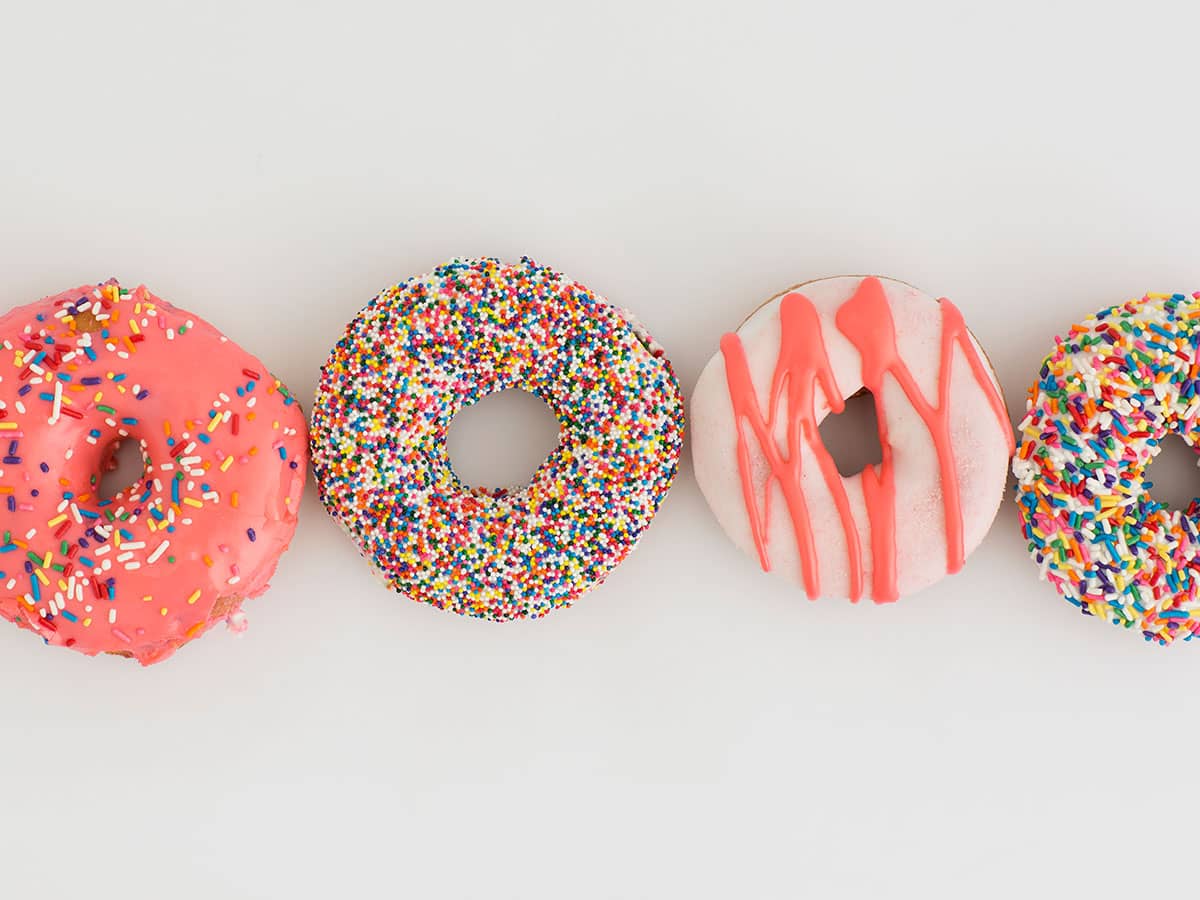We know that rituals help us celebrate, but sometimes we forget that rituals also help us heal.
I was thinking about this recently because Feb. 22 was the first anniversary of a car accident that nearly killed my nephew. For reasons unknown, he veered off the road on the way to high school the day after his 18th birthday, crashing into a tree at high speed. Clint broke both legs, one arm, and every bone in his face. He was airlifted unconscious to the hospital where they treat injured Indy 500 drivers.
Even that first day in the hospital, my sister designated a special "healing notebook" that was left in the waiting room, and every single day every person who came to visit Clint wrote something in it. It was a way of talking to him even when he couldn't hear us, a way to express our love, and a worthwhile task when there was little else to do but wait and pray.
Since then, Clint's recovery has been impressive, though this detour from carefree adolescence has been rough on him. As the anniversary approached, I realized that many actions we all considered "just something we did to get through it" were in the nature of rituals, often spontaneous ones.
Clint's sister, Jenny, programmed the cell phones of family and friends to display the words "I love Clint" every time they were turned on. She and Clint's girlfriend painted his name in giant letters down the pant legs of their jeans, and wore their "Clint clothes" to high school classes as a public token of their love.
As for myself, as soon as I returned to my home hundreds of miles away, I began sewing a "comfort quilt" for Clint, embroidering healing messages on many of the squares. "You Are a Blessing," I wrote, and "Get Strong." Although I couldn't be there holding his hand, I felt like every stitch was a stroke of love. When I finished, I took a Polaroid of myself wrapped in the quilt, so he would know I "put a hug in there."
My sister is a woman who knows her Bible well, and a guitar-playing member of the church choir, but she found herself drawn to just one song and one prayer in the hours of deepest distress. Her constant prayer was Psalm 23 ("The Lord is my shepherd..."), and Amazing Grace was the hymn she turned to for comfort. She says, "For some reason, Amazing Grace was the only hymn that seemed to keep me from going crazy seeing him lying there hooked up to all those machines."
On the day Clint got out of the hospital, the street in front of his house was thronged with classmates and members of his church congregation, carrying balloons and cheering. He says he hated friends to see him "so messed up," but he was touched by this homecoming parade.
Last month on the anniversary of his accident, on the day after his 19th birthday, my sister gave a special "rebirthday" for Clint. There was a cake, extra gifts (I sent a box of toys and bubble-blowing gear) and time for Clint to reread the notebook full of healing messages that were left for him in the hospital. I hope he celebrates this special holiday for years, rejoicing in his second chance at life and remembering the gifts of love that helped him heal.

